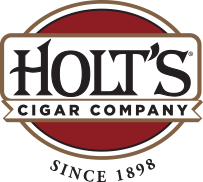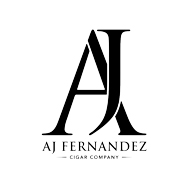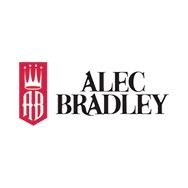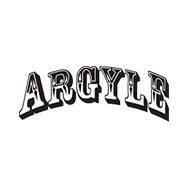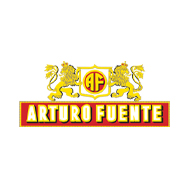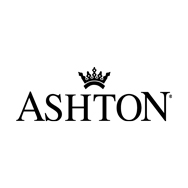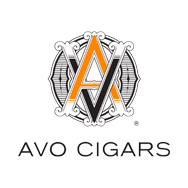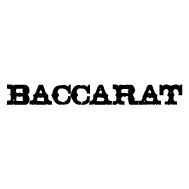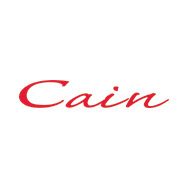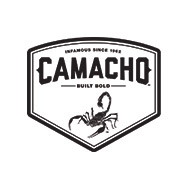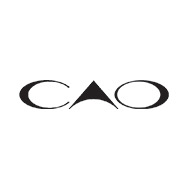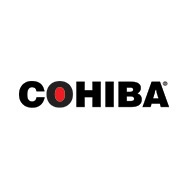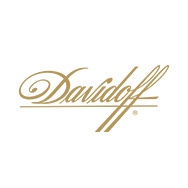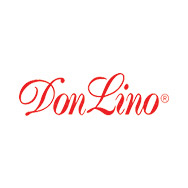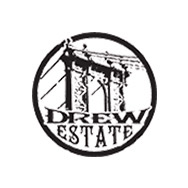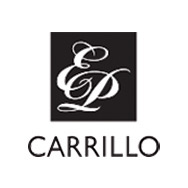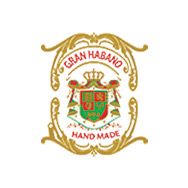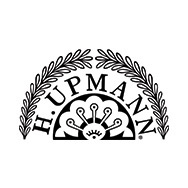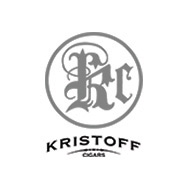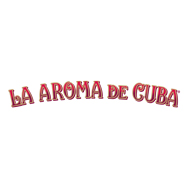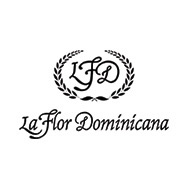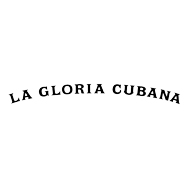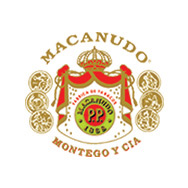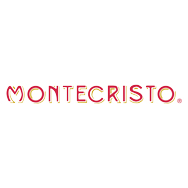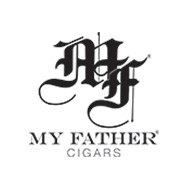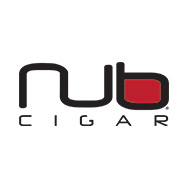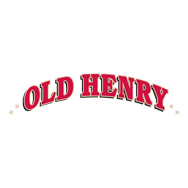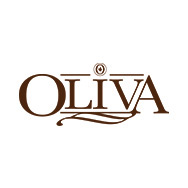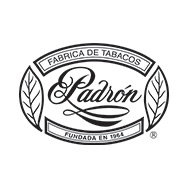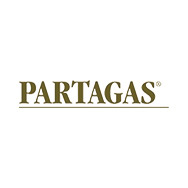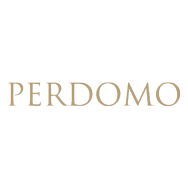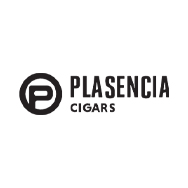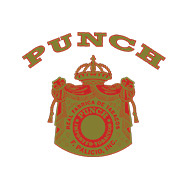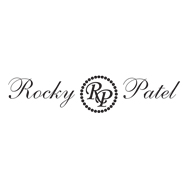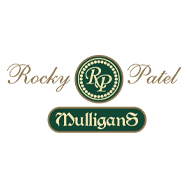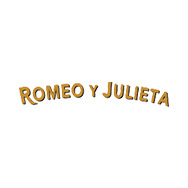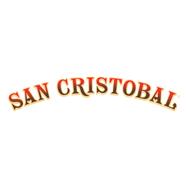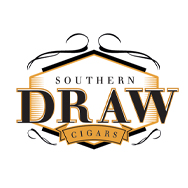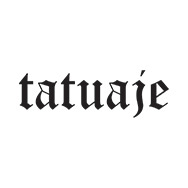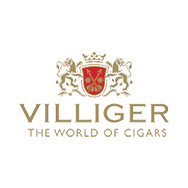
Cohiba Cigars
Cohiba cigars are known around the world among true blue cigar connoisseurs as well as cigar novices who indulge only on rare occasions. Handcrafted from premium long-filler tobaccos in the Dominican Republic, Cohiba presents a great opportunity to acquaint yourself with a famous brand. A nice variety of strengths and formats make up the Cohiba portfolio. Consistent construction, rich flavors and elegant packaging guarantee you’ll be impressed.
CIGARS
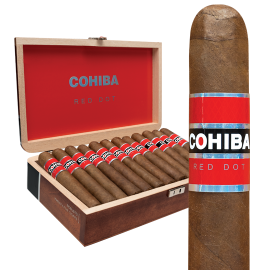
Cohiba
Price Per Cigar:$1.75 - $30.4912 options availableStrength: MediumCountry: Dominican RepublicWrapper: Cameroon13 Reviewsread more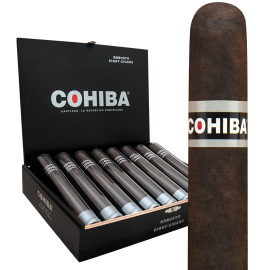
Cohiba Black
Price Per Cigar:$3.25 - $30.996 options availableStrength: MediumCountry: Dominican RepublicWrapper: Connecticut Broadleaf12 Reviewsread more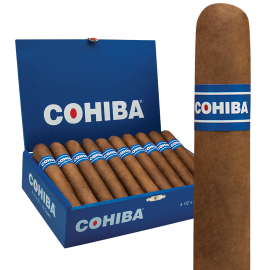
Cohiba Blue
Price Per Cigar:$11.49 - $16.496 options availableStrength: MediumCountry: Dominican RepublicWrapper: Honduran9 Reviewsread more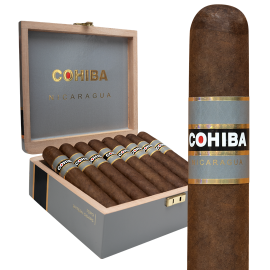
Cohiba Nicaragua
Price Per Cigar:$18.39 - $24.494 options availableStrength: Medium-FullCountry: NicaraguaWrapper: Nicaraguan7 Reviewsread more
COHIBA BRAND HISTORY
Distinct from many prominent cigar brands that originated in Cuba, Cohiba enjoys an exclusive history. Unlike Partagas, H. Upmann, and Punch, there was no Cohiba in the 1800s. Without question, Cohiba is the most famous Cuban brand to debut in a post-revolutionary Cuba and remains so to this day. As a matter of fact, Cohiba owes its pronounced legacy to the nation’s Revolution thanks to the most prominent figure to emerge in the island’s history: Fidel Castro.
Keep in mind, like so many other Cuban-legacy cigars, Cohiba straddles two distinct backgrounds: the Cuban Cohiba, and the Dominican Cohiba (sometimes referred to as “Red Dot” Cohiba, for the design on its band).
Eduardo Rivera Irizarri is credited with creating the original blend for Cohiba in Cuba. The iconic cigar, however, would not be identified by its now-legendary name at its inception. The blend was a favorite of Castro’s chief bodyguard. As the story goes, Castro was intrigued by the aroma of the long, thin cigar the guard was smoking when the two were in a car one day, and asked to try one. He immediately became enamored with the cigar and ordered more. Castro began to give them to his senior lieutenants and advisors, including Ernesto “Che” Guevara. Essentially rolled in a Gran Panatela shape, a contingent of Cuba’s revolutionary officers readily identified with the cigar. It was regularly gifted to a number of world leaders and was otherwise a private blend, reserved for Castro and his top appointees. Cohiba would not become commercially available to the public until the 1980s.
Rivera worked as a roller at the La Corona factory and he would roll these special Cohiba cigars in his spare time from select tobaccos. He gave each cigar its iconic pigtail head. The size became known as a Lancero. As Castro’s love for the cigar blossomed, Rivera was made part of a group tasked with training new rollers to handcraft the cigar, as well as with finding a factory where they could be made on a larger scale. The brand’s emergence marks the first time that female cigar rollers were used. Today, women are a vital component in the manufacture of nearly every major cigar brand, both in and outside of Cuba.
Rivera and another famous Cuban cigar-maker, Avelino Lara, established the brand’s manufacture in a historic mansion formerly owned by an industrialist. Located in the Siboney area of Havana, the factory was christened “El Laguito,” named for a pond on the property. Although a somewhat unconventional structure to house a cigar factory, the property’s grandness perhaps foreshadowed the stately reputation the brand would eventually achieve.
During 1965 and 1966, the heavily guarded Cohiba recipe was refined into a consistent formula. As many as ten farms in the famed Pinar del Rio region produced the tobaccos for Cohiba cigars. Only a handful of people were privy to the precise equation, and additional periods of fermentation were extended to optimize the cigar’s smoothness. The mystique behind Cuban Cohibas remains a major contributor to their allure. Allegedly, only the best bales of tobacco and wrapper leaves are used to make Cohiba.
A trusted member of Castro’s innermost circle, former guerilla fighter Celia Sanchez Manduley, suggested the name, “Cohiba,” for the cigar. “Cohiba” is the word for “tobacco” in the language of the island’s native Taino tribe. Cuban Cohibas were officially made available for sale to the public in Spain in 1982. Cohiba officially celebrated its 50th anniversary in 2016 with a much lauded enthusiasm in Cuba.
While a handful of prestigious blends in the Cuban Cohiba portfolio enjoy a tremendous demand today, it is the widely distributed Dominican Cohiba that is popular in the U.S. Fierce, ongoing litigation continually erupts between Cuba and General Cigar Company, which claims legal rights to the Cohiba name in the U.S. General Cigar is also the parent company and distributor of other iconic brands, including Macanudo and Dominican-made Partagas cigars.
In regards to Cuban and non-Cuban Cohibas, both merit a try one day if you are given the opportunity. However, be prepared to shell out some major bucks for the Cuban versions. Authentic Cuban Cohibas command some the of the steepest prices of all Cuban cigars. Occasionally, full boxes of Cuban Cohibas, or even an entire Cohiba humidor filled with cigars that have been aging for decades, will come up for auction at an obscene price. Even counterfeits draw a hefty sum. In the meantime, there’s a thorough portfolio of Cohiba smokes you can buy right here at Holt’s. We’ve outlined the bestselling non-Cuban Cohiba cigars below.
COHIBA BRAND OVERVIEW
The original Dominican-made release of Cohiba is sometimes call a “Red Dot” Cohiba, named so for the iconic red dot inside the letter “o” on the band. The Dominican-made Cohiba is manufactured and distributed by General Cigar Company, which originally registered the mark within the United States in 1981, and again in 1995. Cuba, or rather Cubatobaco, the state-owned distributor of Cuban cigars, has pursued relentless legal action over General’s use of Cohiba in the U.S. in a high-profile lawsuit that has spanned more than 20 years.
The original, Dominican-made Cohiba is drawn from a gingerbread-hued Cameroon wrapper leaf over a creamy and spicy medley of Dominican and Indonesian tobaccos. Notes of caramel, wood, and toast display a medium-bodied taste that continues to intrigue a number cigar lovers who spot the “Cohiba” name and have to have one.
Cohiba Black also furnishes a medium-bodied profile, but with an enhanced sweetness thanks to a dark and chewy Connecticut Broadleaf wrapper over a complex blend of Dominican and Mexican tobaccos. Notes of earth, leather, dark chocolate, and espresso are marvelously balanced.
In pursuing the contemporary fervor for Nicaraguan smokes, the folks at General introduced Cohiba Nicaragua in recent years. The blend is drafted from a succulent and spicy Nicaraguan Oscuro wrapper leaf over an earthy interior of all-Nicaraguan long-filler tobaccos. Molasses, dark-roast coffee beans and black pepper feature prominently.
The legendary Cuban-heritage brand received a new look with Cohiba Blue, a Honduran-crafted cigar comprised of a caramel-hued Honduran wrapper leaf and a versatile core of Dominican, Nicaraguan and Honduran tobaccos. Cohiba Blue presents the brand at an enhanced value with prices between roughly $9-12, as opposed to the $15-20 many other Cohiba cigars sell for. Notes of cinnamon, brown sugar, and cocoa round out the brand’s non-Cuban portfolio nicely.
Past releases like Cohiba XV (which stands for “Extra Vigoroso”) have displayed an even more intense side, with ample spices and an intense finish. In addition, icons like rap sensation Jay Z have teamed up with Cohiba in recent years to produce special, limited releases. These cigars are often packaged in elaborate boxes or other, eye-catching and unique displays.
If you’re set to buy Cohiba cigars for the first time, but you’re still unsure where to begin, check out some of the reviews on Cohiba cigars our customers have left. You’re guaranteed to discover something impressive in the brand’s library, even if you’re not firing up a legendary Cuban Cohiba that cost half a paycheck for a single cigar. There is one definite advantage to buying non-Cuban Cohiba cigars at Holt’s: we can promise they are 100% truly legitimate Cohibas, and not fakes.
